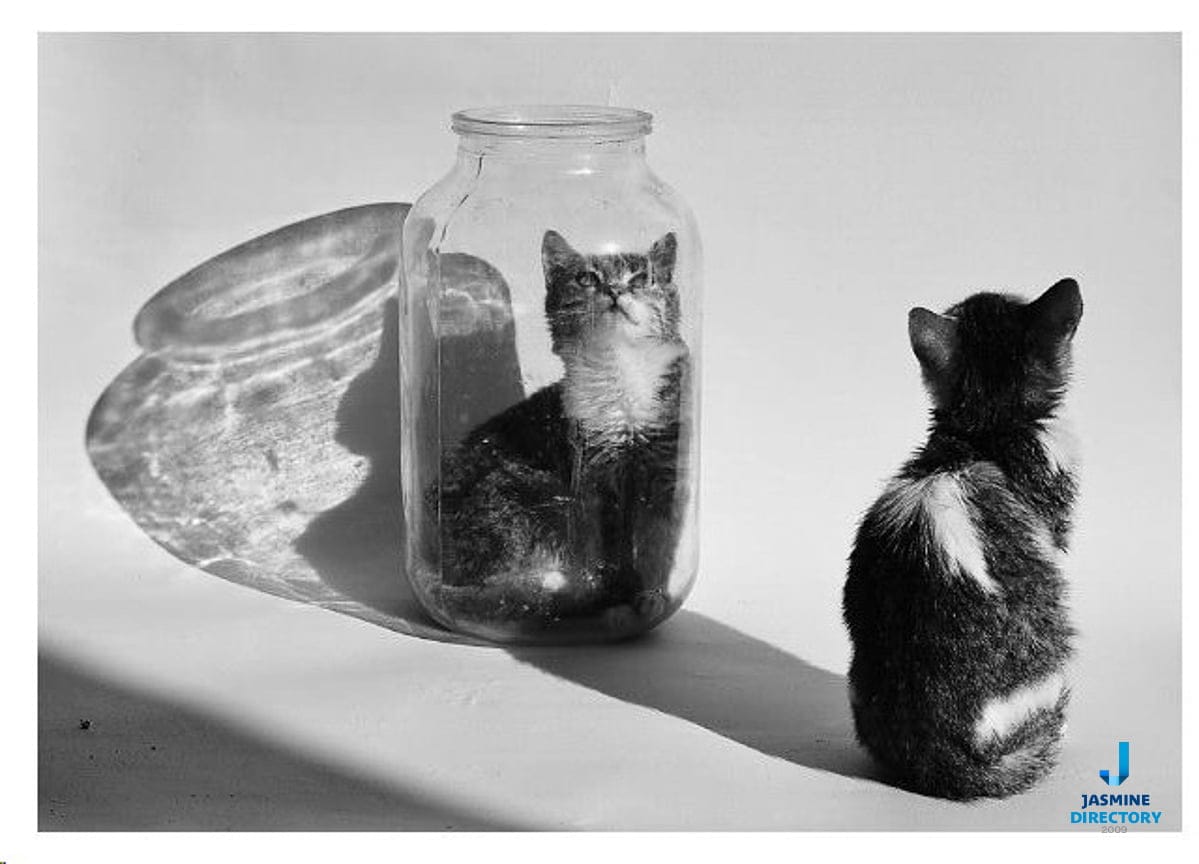D800e 24mm f14 24mm ISO 100 15 f160. Look at the picture above.

What Is Asymmetrical Balance In Photography And How To Use It
How is asymmetrical balance achieved.

. Jun 20 2018 Asymmetrical balance occurs when you have different visual images on either side of a design and yet the image still seems balanced. With asymmetrical balance the goal is to create a similar sense of weight on each side of the composition. Asymmetrical balance in photography is also referred to as informal balance.
In an asymmetrical photograph if the photograph were to be sliced in half neither side would be symmetrical. But those visual elements balance out each other. Asymmetrical balance or Asymmetry means that the two halves of the work of art are different however try to.
What are the 4 types of balance in art. Asymmetrical balance also known as informal balance is when you have unequal elements in terms of visual weight but you still have a sense of balance in the overall picture. The Definition of Asymmetrical Balance.
In asymmetrical balance the 2 sides arent similar however differ from each other. Radial balance is when theres a circular shape that begins in the center of an image. However this allows for more variety in composition as we are not relying on perfect symmetry originating from a.
The Importance of Asymmetrical Balance in Photography. Radial symmetry creates a sense of order and harmony in this Vajrasattva sand mandala. Conceptual balance radial balance symmetrical balance asymmetrical balance etc.
There are different types of balance in photography. Dont always try to match what you see on either side of the central point. In symmetrical balance if an imaginary line is drawn by means of the middle of the work each side are precisely the identical and balanced in that manner.
It can be achieved using negative space colour or the rule of thirds to frame your subject. Radial balance relates to elements that spread out from a central point. Asymmetry in photography can be a very beautiful and eye-catching technique.
Instead use negative space object placement and line placement to create a sense of balance. This idea is all about placement and visual weight. Think of the image a kaleidoscope creates.
It is not only a chaotic miso-mash. Symmetrical asymmetrical and radial. It is the relationship between the different elements that create a sense of balance in photography drawing again on how as a society we have learned to see images shaped by a history of art and the images that surround us every day.
Mar 11 2021 Also known as informal balance asymmetrical balance is the most common composition technique in photography tutorials and art workshops. Asymmetrical balance is when one side of the frame holds the main subject and the other side of the image is balanced out by smaller subjects or negative space. Symmetrical balance or Symmetry means that the work of art is the same on one side as the other a mirror image of itself onboth sides of a center line.
The Definition of Asymmetrical Balance. In art asymmetrical balance makes a work dynamic by adding elements of varying weights shapes colors or sizes. Asymmetrical balance occurs when you have different visual images on either side of a design and yet the image still seems balanced.
There are two kinds of balance. Learn to define asymmetrical balance discover why artists choose to use it and. This kind of balance is informal.
Instead use negative space object placement and line placement to create a sense of balance. What is Fibonacci in photography. Known alternatively as informal balance asymmetrical balance is a bit more difficult to achieve.
Up to 2 cash back With asymmetrical balance the goal is to create a similar sense of weight on each side of the composition. Asymmetrical balance has two sides that are unequal while having elements that balance each other out. Since it requires intentionally placing your subject off-center its more difficult to achieve but gets easier with daily practice.
To be considered asymmetrical a design needs to have unequal visual weight on either side but those unequal visuals need to balance each other. There are different techniques you can use to give your photos a balanced asymmetrical look. Asymmetrical balance is known as an informal balance and can feel a little less organised than symmetrical balance.
Not only is it a perfect example of. Dont always try to match what you see on either side of the central point. Instead use negative space object placement and line placement to create a sense of balance.
Asymmetrical balance occurs when you have different visual images on either side of a design and yet the image still seems balanced. Take the image below as a simple example the sun is an important subject on the right-hand side of the image but the wave pattern on the left draws the eye just as much. Asymmetry refers to a lack of symmetry or balance in the photograph.
This idea is all about placement and visual weight. A photo does not have to be symmetrical to be balanced. In this case you have an example of informal balance.
Each offers a different look but all give the same satisfying welcoming feeling. The more you are consciously aware of asymmetrical balance in your own personal compositions the easier it will become in your daily practice. Again think of the scale above but this time you balance the scale by using the same object on one of the sides and on the other side you now place two objects with half of the weight.
To be considered asymmetrical a design needs to have unequal visual weight on either side but those unequal visuals need to balance each other. A photograph with asymmetrical balance often ties in closely with the rule of thirds. Up to 2 cash back Asymmetrical Balance Also known as informal balance asymmetrical balance is the most common composition technique in photography tutorials and art workshops.
In landscape photography you can create. With asymmetrical balance the goal is to create a similar sense of weight on each side of the composition. There are three different types of balance.
It can create a very thought-provoking piece of art that awakens the eye due to its imperfect. This means that an asymmetrical photo still follows the rules of composition. Balance is a vital design principle that will make a space inviting and harmonious.
There are four main types of balance. Symmetrical asymmetrical radial and crystallographic. Many professional photographers prefer asymmetrical balance due to the complexity of the image.
When a photo is asymmetrical it has unequal visual weight on either side. Dont always try to match what you see on either side of the central point. Thats why it is hard to understand asymmetrical balance in photography.

What Is Asymmetrical Balance Photography And How To Use It

What Is Asymmetrical Balance Photography And How To Use It
Asymmetrical Balance In Photography Explained By Smugmug Smugmug

Composition Technique Balance Symmetry Welly Pictures

Five Kinds Of Photography Balance You Need To Understand To Take Appealing Photographs Student Resources

Five Kinds Of Photography Balance You Need To Understand To Take Appealing Photographs Student Resources

0 comments
Post a Comment